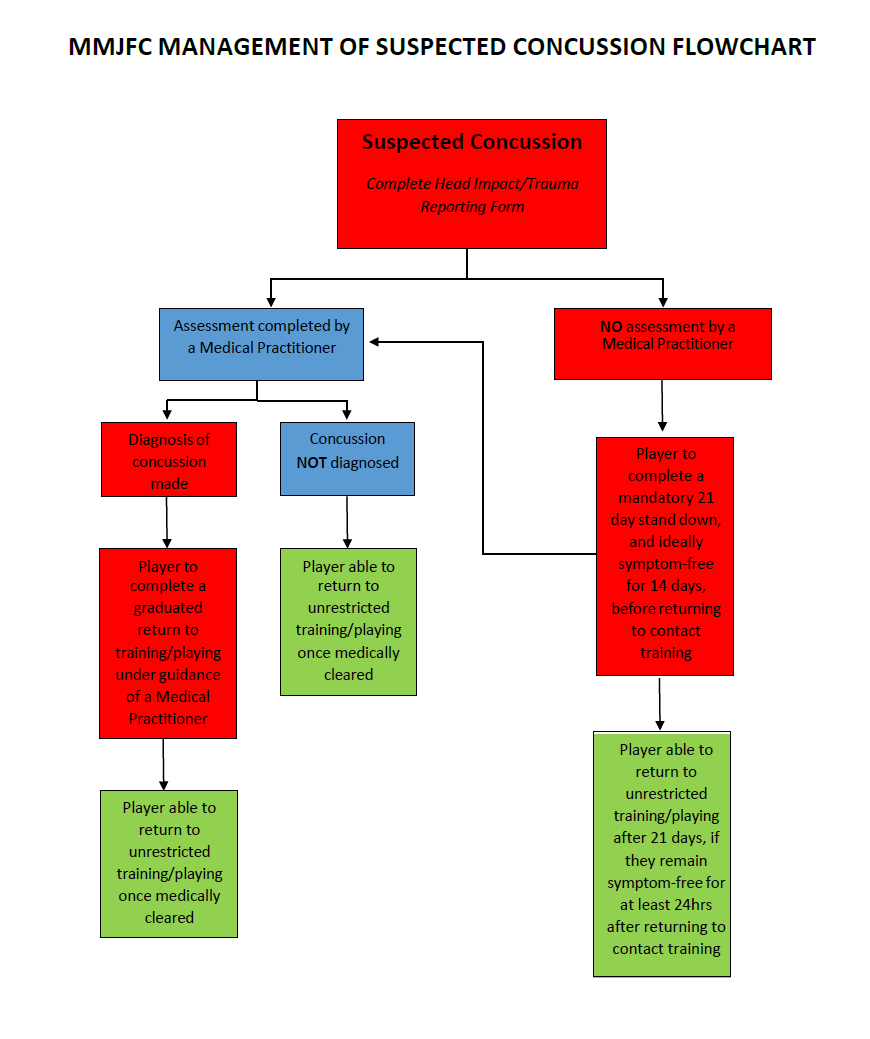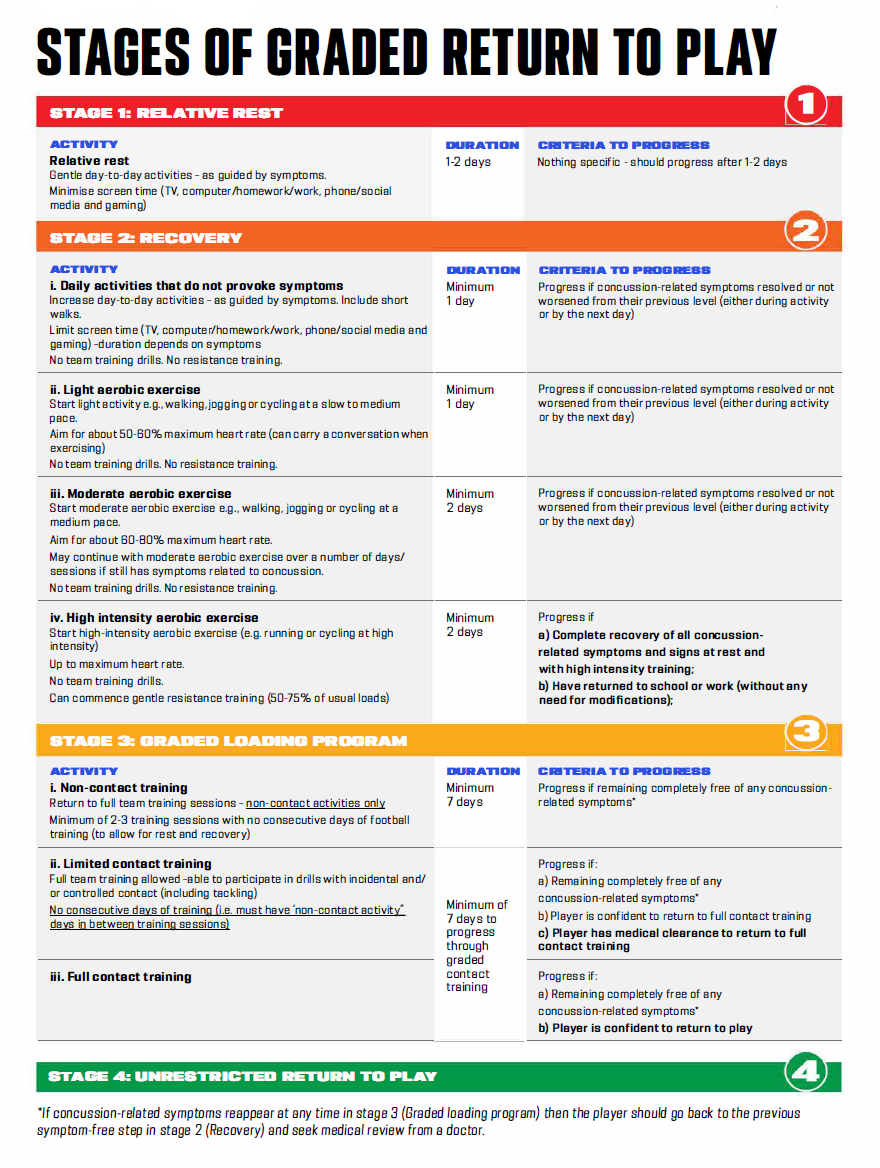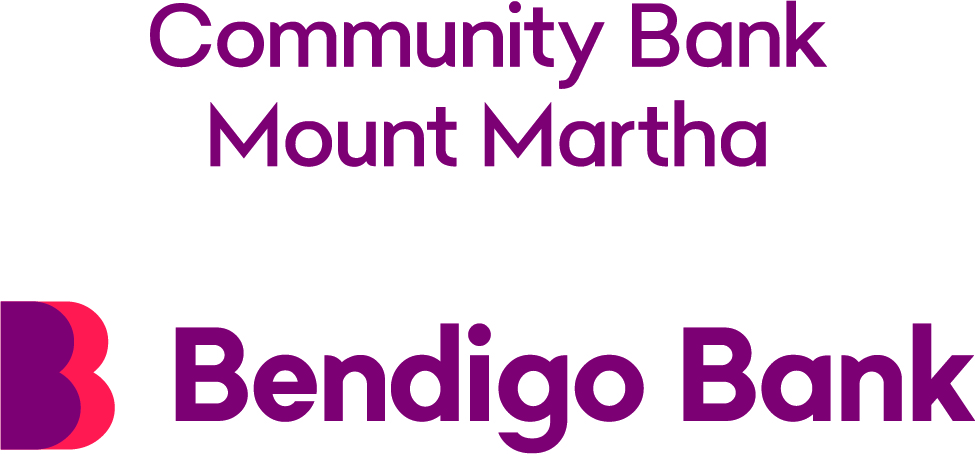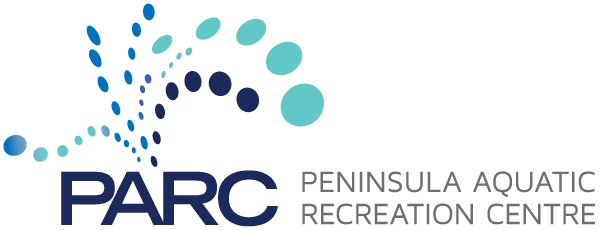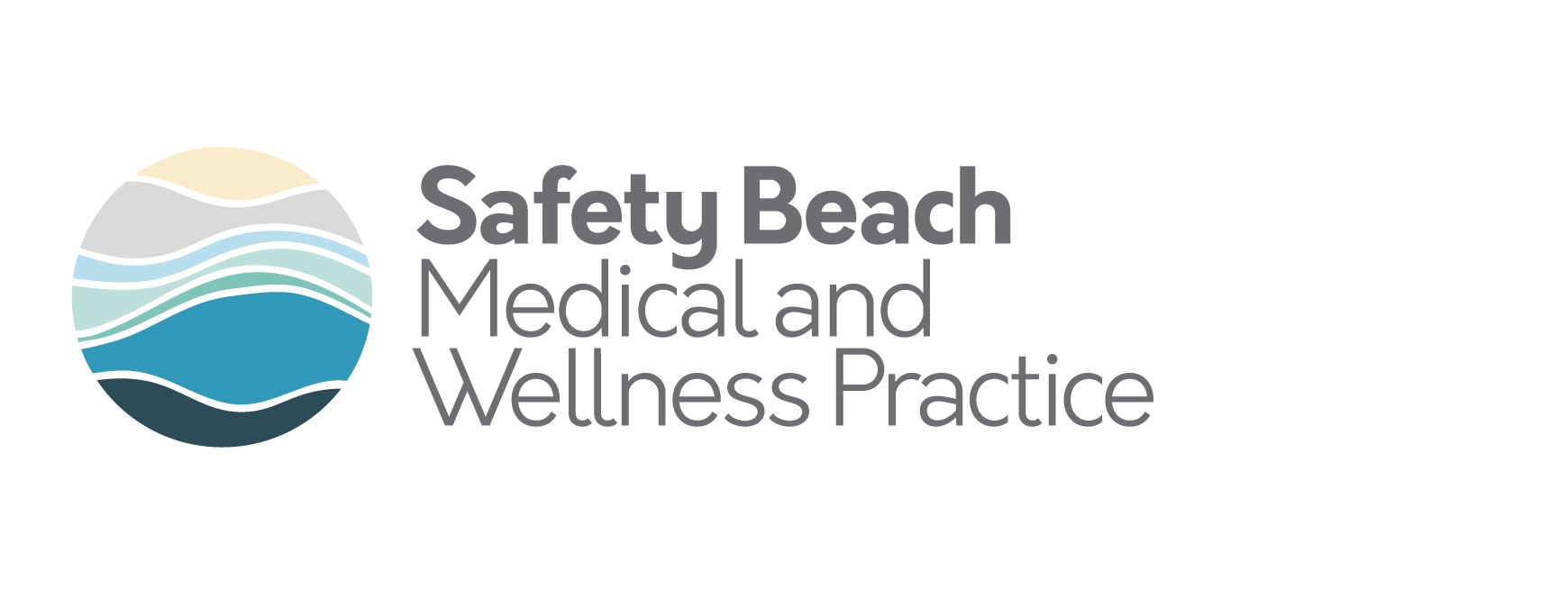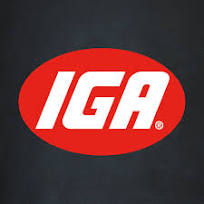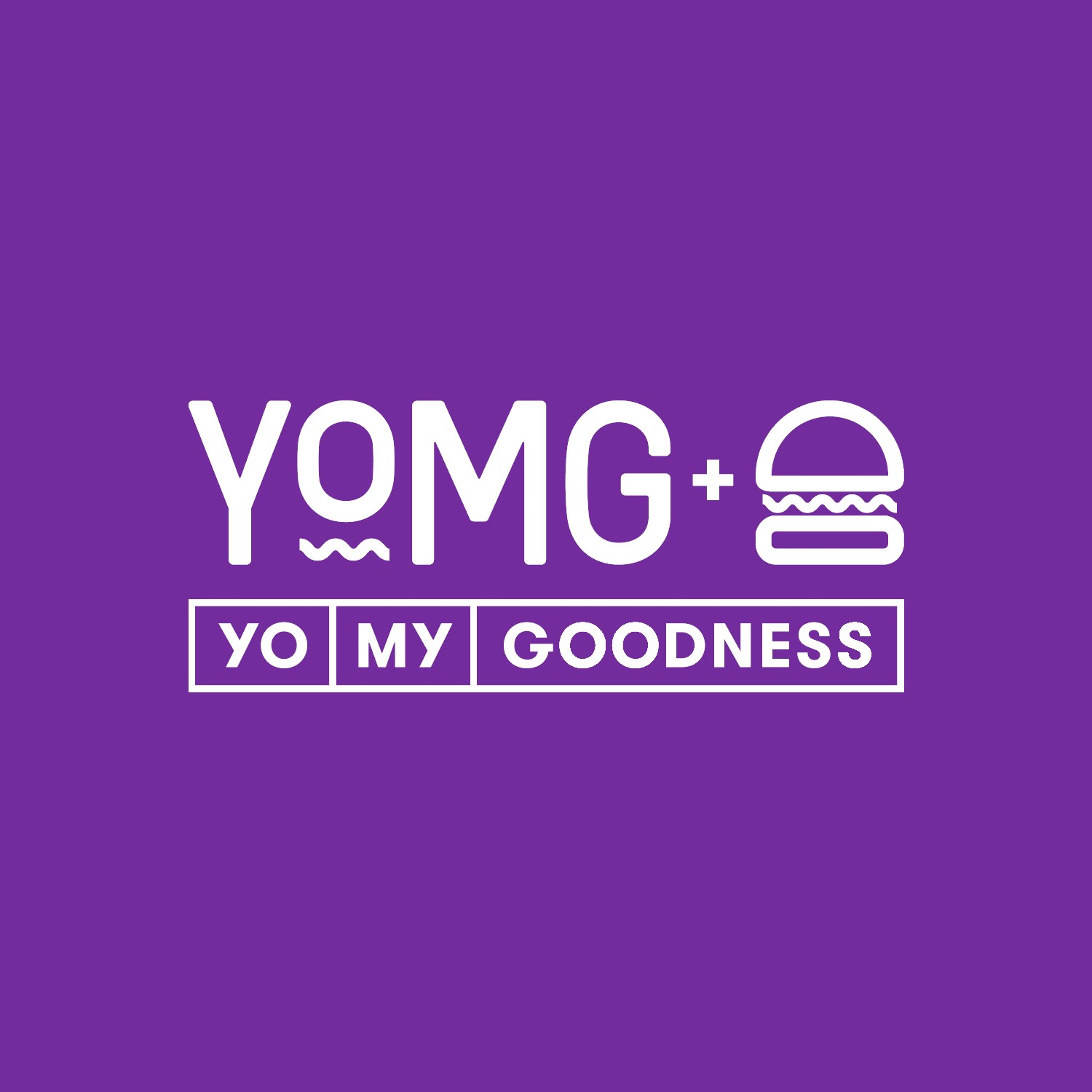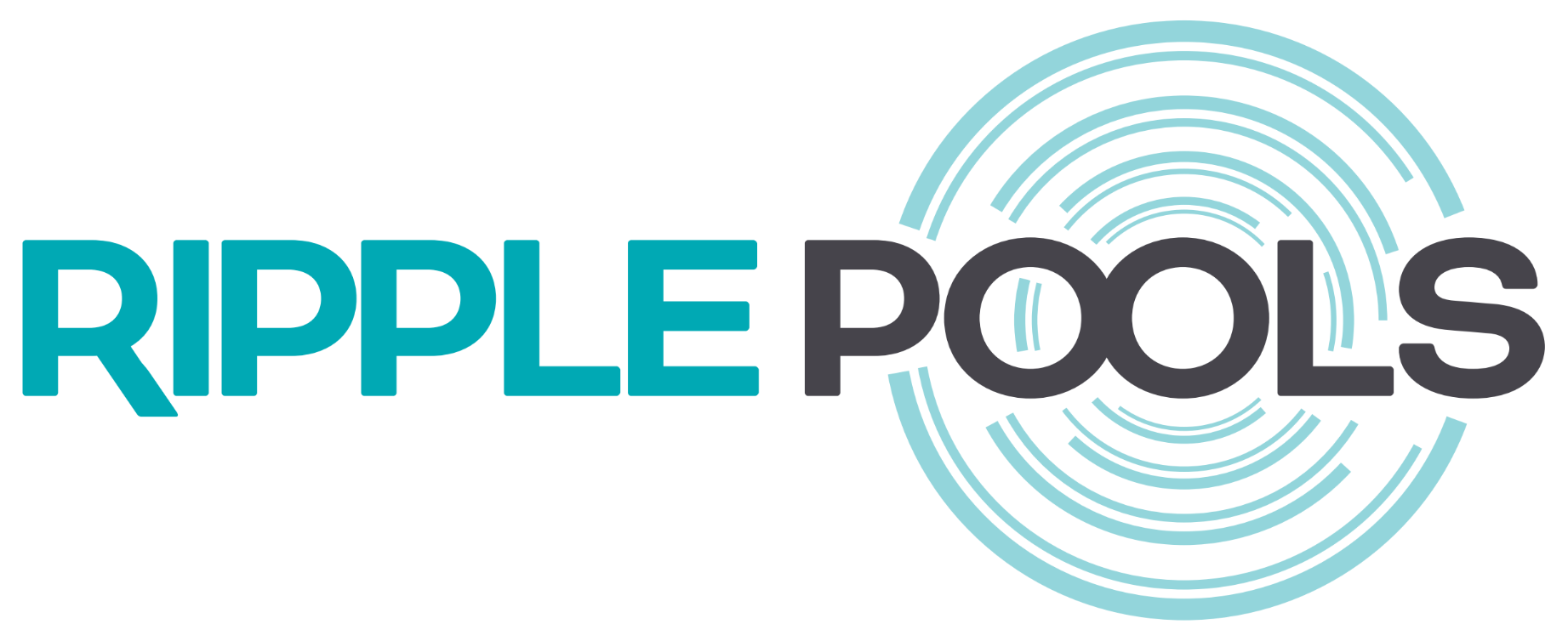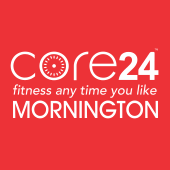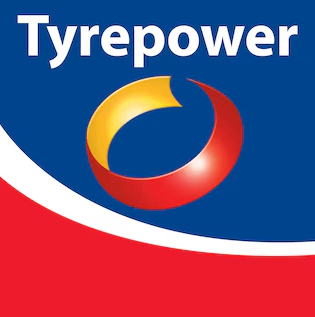Concussion - Information for Players and Parents
The purpose of the following information is to provide parents and players of MMJFC with our policy in regard to the management of suspected concussion.
We not only want to ensure that our sports trainers, coaches, team managers, players and parents understand how to recognise and manage concussion in Australian Football, but more importantly, we want to ensure that we protect the short and long-term health and safety of all MMJFC players from the risks presented by concussion and repeated head trauma.
NEW GUIDELINES FOR MANAGING SPORT-RELATED CONCUSSION IN AUSTRALIAN FOOTBALL
Ahead of the 2024 season, the AFL released their updated guidelines for the management of sports related concussion in Australian Football. The main point of difference between these guidelines and the previous version, is that the earliest a player may return to play (once they have completed a graded loading program and have obtained medical clearance) is on the 21st day following the concussion (where the day of concussion is designated day “0”). This means that a player who is concussed in a match on a Saturday will miss at least the next two Saturday matches and will only be able to return to play on the third Saturday (i.e. the 21st day after the concussion was sustained) if they have recovered according to the protocols and have been medically cleared to return to play. In many cases, recovery will be slower than the minimum 21 days.
In general, children and adolescents (aged 5-18) require a modified approach to the management of concussion as their brains are developing, and they need to continue learning and acquiring knowledge. As such, the priority is not just player welfare and return to sport, but a critical element
is return to school and learning. The time frame for clinical recovery in players aged 18 years and under is often up to 4 weeks, but in some cases may be longer. In following the current return to play protocols, it is expected that many children and adolescents will therefore require longer than 3 weeks before returning to play. A child is not to return to football, or other sport/s, until they have successfully returned to school/learning, are symptom-free, and have received medical clearance. However, as with adults, early introduction of limited physical activity is appropriate.
WHAT IS CONCUSSION?
Concussion is a brain injury caused by a knock to the head or anywhere on the body, where the force is transmitted to the head. Concussion causes temporary brain impairment – in most cases, the brain will repair if it has adequate time to do so before another trauma occurs. While all concussions should be assessed by a health professional, most will resolve without the need for specific treatment. Rest, followed by a gradual return to activity is the main treatment.
HOW TO RECOGNISE CONCUSSION
Trainers suspect concussion when an injury results in a knock to the head or body that transmits a force to the head. Unfortunately, there are currently no scans or blood tests that can definitively diagnose concussion. Recognising concussion can be difficult and symptoms and signs can be subtle. Because the symptoms may develop over days, the role of the parents is essential in monitoring their children.
DO I NEED TO TAKE MY CHILD TO HOSPITAL?
Generally, your child will not need to go to hospital. Loss of consciousness, neck pain, memory loss, seizures or balance difficulties are clear signs that an athlete has sustained a significant injury. If these occur – your trainer will have organised urgent transport to hospital. However, because
symptoms can evolve over the first few days, be aware of the following serious symptoms that may develop and that require immediate medical assessment:
• Severe increasing headache or visual difficulties
• Persistent vomiting
• Increasing drowsiness or seizures
• Loss of coordination / falling over
WHAT ARE THE OTHER SIGNS AND SYMPTOMS OF CONCUSSION?
As mentioned, the symptoms of concussion can be very subtle and may present as nothing more than your child reporting that they do not ‘feel right’. Other symptoms may be:
• visual disturbance – blurred or double vision
• feeling ‘foggy’, lethargic or slow
• having sensitivity to light or noise
• feeling dizzy or nauseous or having a persistent headache
You may notice your child:
• appears vacant, dazed or stunned
• is having issues with their memory
• is having difficulty concentrating and answering specific questions
• is behaving out of character
WHY ARE WE SO CONCERNED ABOUT CONCUSSION?
We now know that there are potential long-term consequences of repeated concussions such as chronic headaches, personality changes and memory issues. Returning to sport too early puts the player at increased risk of other injuries, of prolonged concussive symptoms and the potentially fatal “Second Impact Syndrome” - sudden brain swelling after a repeat concussion.
HOW TO MANAGE POSSIBLE CONCUSSION
The best way to safeguard the immediate and long term brain health of athletes is to immediately remove players suspected of having concussion from the game and ensure that the brain has fully recovered before returning to sport. If the trainer is in any doubt as to whether the player has sustained a concussion, they will remove the player and request that they receive medical clearance before resuming normal activities. However, if your trainer has advised that there was suspicion of concussion, the player should adhere to the following guide.
The following return to activity summary is a guide only. Return to activity is best managed with the help of an appropriately qualified medical professional (GP or physiotherapist experienced in management of concussion) or a sports physician. There is no definite test for concussion, and medical professionals rely on an accurate (truthful) history and clinical examination. Your child should be aware that there is potentially great harm in hiding symptoms from their doctor.
INITIAL TREATMENT
Any player with concussion requires immediate physical and mental rest; this allows the brain to recover. Paracetamol is also recommended for mild headaches, or aches and pains. A day off school may be needed but we encourage return to school as early as possible.
RETURN TO LEARN
Having rested for 24 hours after sustaining a concussion, school-age children can return to school or study even with mild symptoms, assuming school activities don’t worsen symptoms. Thinking or concentrating for long periods can bring on or worsen symptoms of concussion so gradually
increasing the load on the brain without provoking symptoms is recommended. School programs may need to be modified to include more regular breaks, rests and increased time to complete tasks. Exams during that period, may need to be postponed. See “return to learn” fact sheet –
https://www.concussioninsport.gov.au/parents_and_teachers
RETURN TO SPORT
'Return to sport' is about the athlete’s gradual return to full sporting activity. Athletes returning to
sport should be symptom free and should follow these steps and spend at least 24 hours at each
level with at least 1 recovery day after each day of activity. They can only progress if they
have no symptom recurrence. If symptom recurrence occurs, return to the level below and try
again.
The four stages for returning to play following a concussion include:
1. a brief period of relative rest (24-48 hours),
2. a period of recovery, including a graduated progression through light, moderate and high intensity aerobic exercise (minimum 6 days),
3. a graded loading program – with medical clearance required before returning to full/contact training (minimum 14 days), and
4. unrestricted return to play
Further information on each of these stages is included in ‘Stages of Graded Return to Play’ figure below.
In the best case scenario, it will take until at least day 14 post-concussion, and/or Medical clearance has been received, to proceed to contact/collision activities, and 21 days to return to play.
A Management of Suspected Concussion Flowchart is included below, which aims to provide some clarity on how suspected concussions can be managed.
WHERE CAN I GO FOR FURTHER INFORMATION ON CONCUSSION MANAGEMENT?
• Find a sports physician locally https://www.acsep.org.au
• Find a reliable website https://www.concussioninsport.gov.au/
• Find an app to guide return to activity download the HeadCheck app
• Find the AFL policy https://play.afl/learning-resource/afl-community-concussion-guidelines#article-0
We hope you find this information useful and please feel free to contact our Head Trainer, David Beakley, headtrainer@mtmarthajfc.com.au if you require any further discussion or clarification.
Go Mounties!
